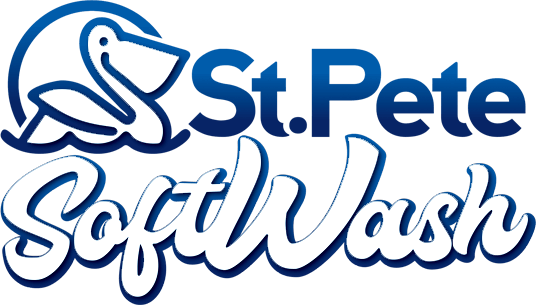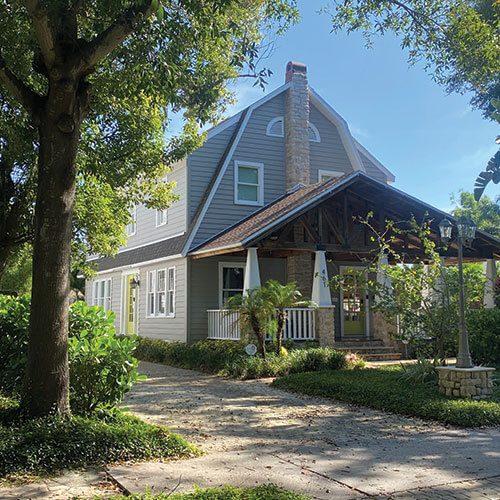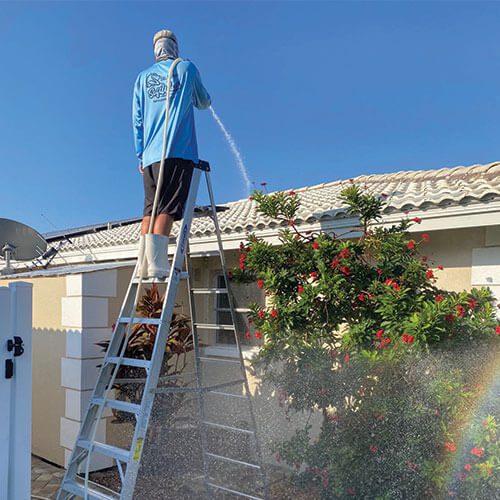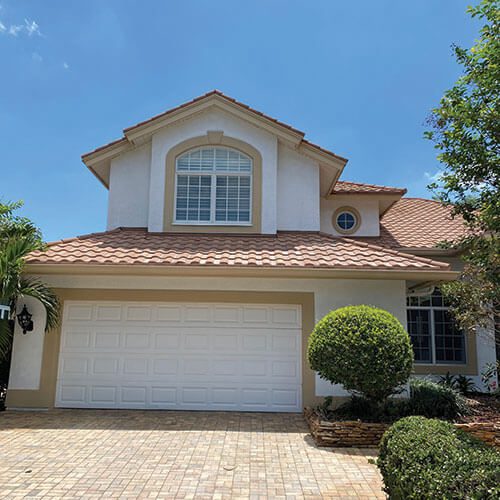* indicates required fields
"*" indicates required fields
About
St. Pete Softwash
Here at St. Pete SoftWash, our team specializes in providing high-quality, eco-friendly exterior cleaning services throughout the community. We are thoroughly equipped with the tools, skills, and expertise needed to transform your property from grimy to gorgeous in no time. Plus, with our specialized softwashing techniques, your outdoor surfaces will remain clean and resistant to organic growth up to six times longer than you’ll get with traditional cleaning methods.
Why Choose Us?
Roof Cleaning Warranty
Our 5-year roof cleaning warranty guarantees that your roof will remain free of organic growth for five years following our cleaning services.
Customer Service
Our Services
Exterior House Cleaning
Trust us to enhance your home’s curb appeal and create a safer environment for your family with our exterior house cleaning services.
Exterior Commercial Cleaning
Our skilled, reliable team members are prepared to thoroughly clean your commercial building and help it stay clean longer.
Softwashing
We’re proud to offer a full range of softwashing solutions to keep your home or business in excellent condition.
What Our Clients Say
Get In Touch
Our friendly team would be happy to help you restore the look and beauty of your siding, roof, driveway, patio, or any other exterior features you may have. Our softwashing techniques are tough on grime but gentle on plants and delicate surfaces, so you can feel confident you’re making the right choice for your home or business. Give us a call today to learn more or schedule a service!








